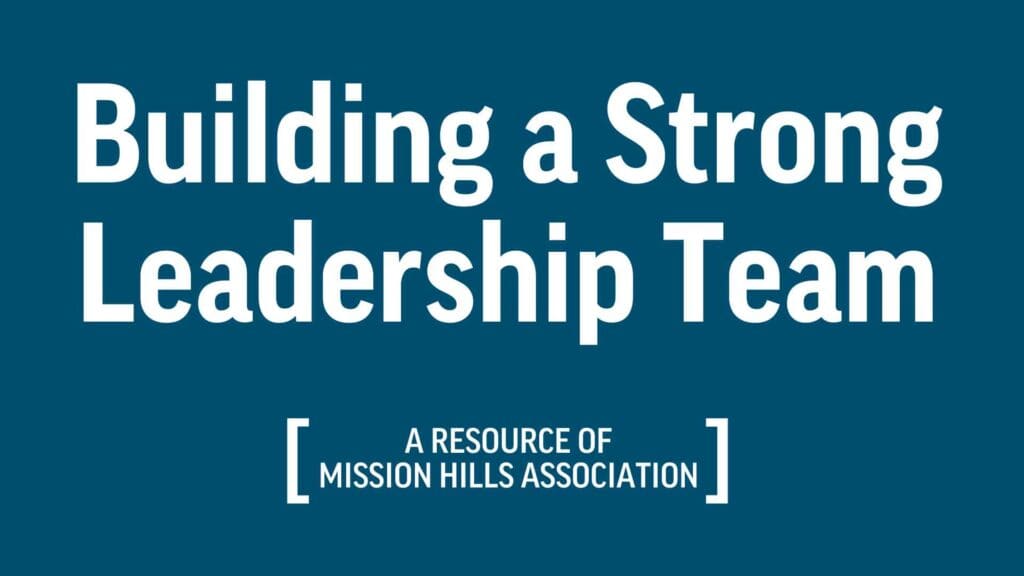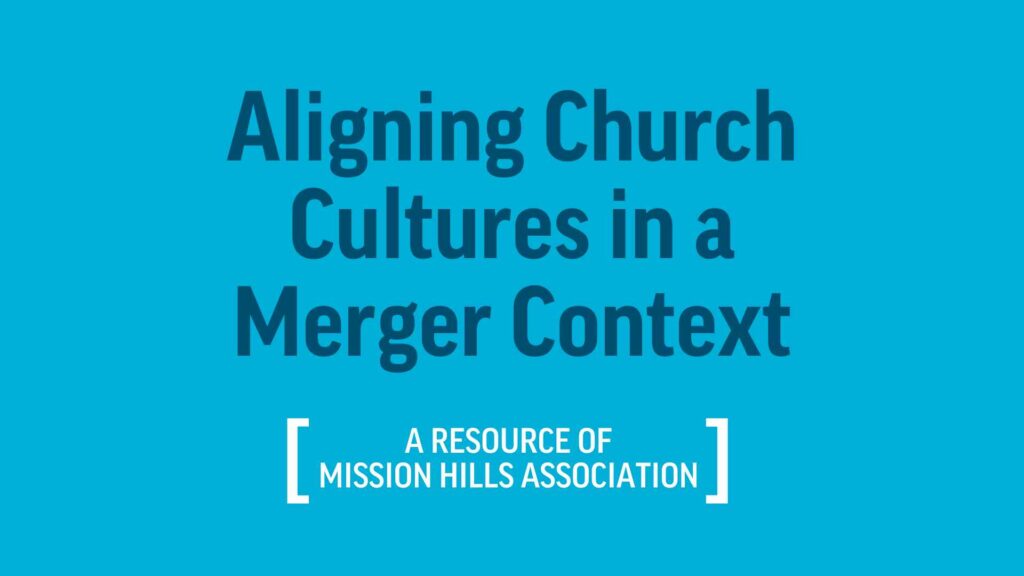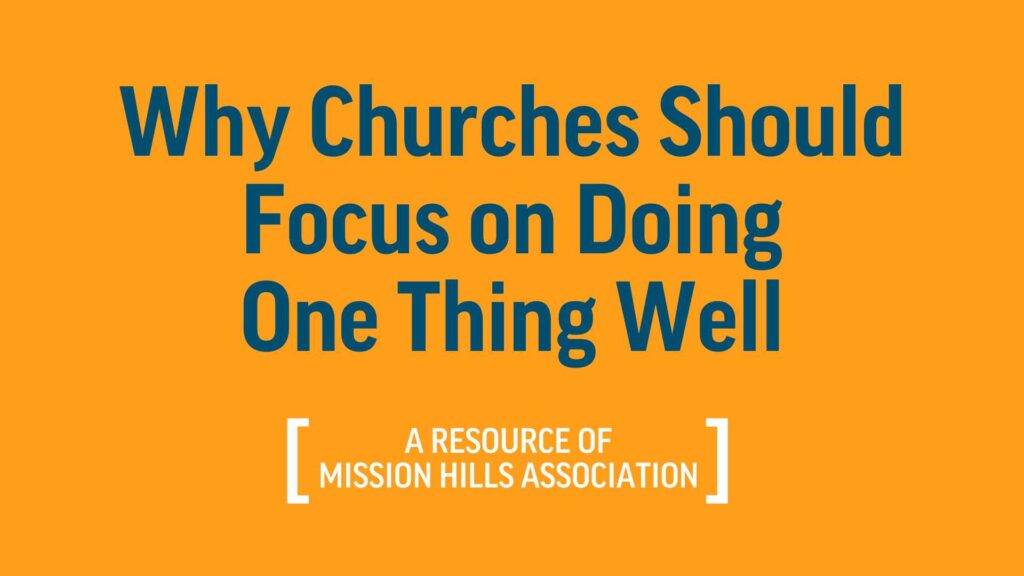
One of the greatest challenges we face as pastors today is finding effective ways to connect our churches with our communities in meaningful and transformative ways. Thrive Colorado, a faith-based nonprofit, provides a model for engaging communities and meeting tangible needs, especially for people struggling to find stability and hope.
What is Thrive Colorado?
Thrive Colorado was originally founded as a ministry of Flatirons Church, but has since grown into a broader, inclusive nonprofit focused on helping individuals overcome barriers to employment. Many of the people served by Thrive are coming out of incarceration, recovery programs, or other life situations that make finding stable employment difficult. With a robust job coaching program and partnerships with local businesses, Thrive helps these individuals find jobs and build sustainable careers.
How Thrive Operates
The heart of Thrive’s approach is job coaching, a unique and relationship-driven model that pairs participants with volunteer coaches, many of whom are small business owners and HR professionals. These coaches commit to walking with participants for at least six months, helping them navigate the modern job market, which can be daunting for those with employment gaps or past legal issues. The program also provides two-day workshops and job search skills training to ensure participants have the tools they need to succeed.
What sets Thrive apart is not just its focus on interview and communication skills but the deep, ongoing relationships it fosters. This commitment to long-term coaching ensures that participants not only secure jobs but stay employed, overcoming obstacles that might otherwise derail their progress.
Faith in Action: Connecting Churches to the Community
Thrive’s success lies in its ability to connect local churches to the community in practical ways. By offering a space where volunteers from churches can engage directly with people in need, Thrive provides a powerful outlet for congregations to live out their faith. As Howard Stevenson, Executive Director of Thrive, puts it: “It creates a nice symbiotic relationship between us and the church, both in terms of the volunteers, but also in terms of being the hands and feet of Jesus and meeting people’s needs.”
Many churches struggle with how to make a tangible impact in their community, but Thrive bridges that gap. Churches often have congregants who want to serve but don’t know where to start. Thrive offers these volunteers a structured way to engage alongside an extensive training program, ensuring that both the volunteers and the community benefit from their time and effort.
Thrive’s work is particularly impactful because it serves people who are often overlooked or marginalized. Jesus said, “Whatever you did for one of the least of these brothers and sisters of mine, you did for me” (Matthew 25:40). Thrive lives out this calling by focusing on helping people get back on their feet through employment. “Whether it’s a single mom, someone recently released from prison, or an individual transitioning out of a recovery program, Thrive steps in to offer hope and practical, long-term support and guidance,” Stevenson shares.
Building Thriving Communities
Thrive is not just about finding jobs; it’s about transforming lives and building communities. As Stevenson explains, “Thriving individuals lead to flourishing families. When families flourish, communities are transformed.” This holistic approach recognizes that helping someone prepare for and find a job is the first step in a much larger process of community renewal. By focusing on relationships—with God, self, others, and work—Thrive empowers individuals to lead more stable and fulfilling lives, which in turn benefits their families and communities.
Leadership Takeaways for Pastors
For pastors, Stevenson offers several key lessons on how to effectively engage your community:
Create Tangible Opportunities for Faith in Action
Thrive Colorado exemplifies how churches can bridge the gap between faith and service by creating practical, hands-on opportunities for congregants to serve their communities. By partnering with organizations like Thrive, churches can offer their members structured ways to volunteer and make a difference. As Howard Stevenson notes, “Thrive provides a powerful outlet for congregations to live out their faith” by serving those in need, particularly the marginalized.
Foster Long-term, Relational Engagement
Thrive’s success hinges on its commitment to deep, ongoing relationships with those it serves. This is a model pastors can adopt: moving beyond one-time service events and into relationship-driven ministry. The volunteer coaches in Thrive work with individuals for 6 to 12 months, helping them overcome personal challenges and stay employed. This long-term engagement fosters trust and allows volunteers to make a lasting impact.
Be Inclusive in Your Outreach
A critical component of Thrive’s impact is its inclusivity. Despite being a faith-based organization, Thrive welcomes people of all backgrounds, creating a respectful and non-judgmental environment. This inclusivity doesn’t dilute the Christian mission; rather, it amplifies it by showing Christ’s love in action. Churches that want to reach their communities effectively must similarly welcome everyone, as Jesus did, regardless of their background.
Address Practical Needs First
Thrive’s focus on helping people find jobs and build sustainable careers reflects a fundamental leadership principle: meet practical needs first, and spiritual transformation will follow. This aligns with Jesus’ teachings about caring for “the least of these” (Matthew 25:40). By addressing real-world problems—such as unemployment and poverty—churches can create meaningful change in their communities while also sharing the gospel through action.
Encourage Collaboration Between Churches + the Community
Thrive’s model encourages churches to collaborate with community organizations rather than trying to do everything in-house. This approach helps churches leverage existing resources and expertise, ensuring that they are part of a larger solution. By forming strategic partnerships, churches can focus on what they do best—offering spiritual guidance—while supporting community efforts to address social challenges.
Invest in Leadership Development for Volunteers
Thrive’s approach to volunteerism emphasizes not just participation, but leadership development. Their robust training programs equip volunteers to be effective mentors and guides, which in turn strengthens the church’s impact. For pastors, this is a reminder to invest in the growth and training of church members, empowering them to be leaders both within the congregation and in the community.
Balance Vision with Flexibility
Thrive operates with a clear mission but also allows for flexibility in how it engages with the community. This balance is essential for pastors, who must have a vision for their church’s community involvement but remain open to adapting based on the needs of the people they serve. As Stevenson says, successful community outreach often involves “listening to voices” and adjusting your approach to ensure all perspectives are heard.
By adopting these leadership strategies, you can more effectively connect your church to the community, offering meaningful and transformative support to those in need. Thrive Colorado provides a blueprint for how churches can engage in tangible, long-term service that reflects the heart of Christ’s mission.
This article was written in collaboration with Howard Stevenson, Executive Director at Thrive Colorado. If you want to continue the conversation, you can contact him directly at howard_stevenson@thrivecolorado.org.




